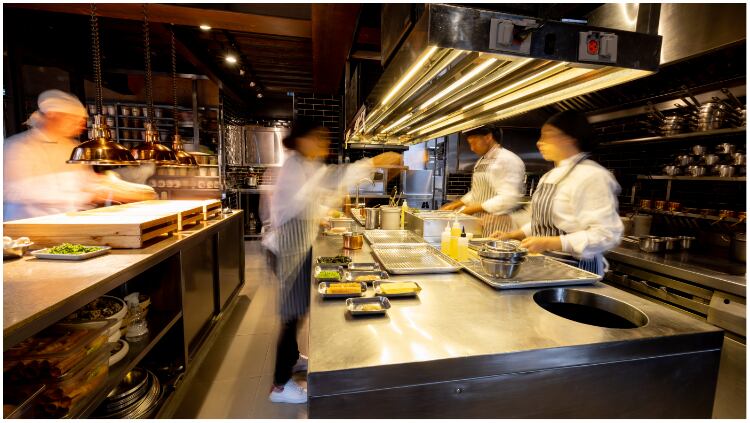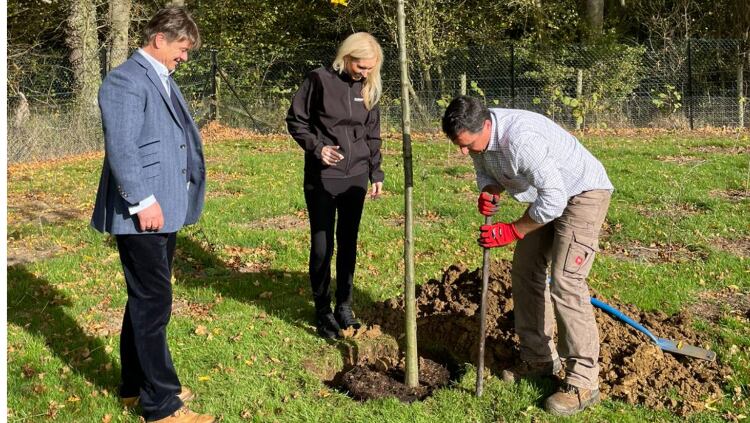Data from workforce management firm Fourth found 8.3% of the workforce left the sector between August and September – the highest percentage since 15.6% of people left in March 2020.
When broken down into the segments of the hospitality industry, pubs saw 10.8% of workers leave while 9.8% of restaurant team members quit and the rate was 8.1% for quick-serve restaurants while for hotels saw a slightly lower rate of departure at 6.5%.
The information pulled from a database of more than 700 firms across the pub, bar, hotel and restaurant sector also revealed pubs have fewer workers (down 4.4%) than a year ago.
Furthermore, pub workers aged 23 and over earn an average of £10.12 an hour compared to their counterparts in restaurants, who earn £9.98.
Fourth’s research also looked at how the nature of hospitality’s workforce has continued to change to reflect societal changes.
Data analysis
British workers make up just over half (55.5%) of the workforce, which has remained stable throughout this year.
However, there continues to be a shift in EU and non-EU workers as in July last year, non-EU workers made up more than a tenth (12.7%) of workers.
This has grown to one fifth (20.1%) as of September. During the same period, EU workers have dropped from more than a third (35.9%) of the workforce to just under a quarter (24.3%).
In September, one in four (25.7%) hospitality new starters were from a non-EU background and 14.1% were from the EU while the remaining 60.1% were British.
Fourth managing director EMEA Sebastien Sepierre said: “The latest data in the Fourth Hospitality Workface Report shows the industry is precariously placed.
“While staff numbers and collective hours worked remain solid, this is set against a backdrop of inflation at a four-decade high, the cost-of-living crisis, rising fuel costs and an understandably cautious consumer base, all making it far harder to turn a profit than a year ago.
“Any successful hospitality business’ biggest asset is a committed and talented team, which is why recruitment and retention are so vital.”
Retention focus
Sepierre highlighted how there were currently as many people starting jobs as leaving them within the sector.
He added: “It is now essential operators focus on retention and ensuing recruits can see the benefits and rewards a long-term career in hospitality offers.
“If not, they face a prospect of continual rounds of recruitment rather than consolidating teams to drive their businesses forward.
“Technology has an important function here in helping to drive processes that enable employers to efficiently hire, onboard, engage and retain team members.”





